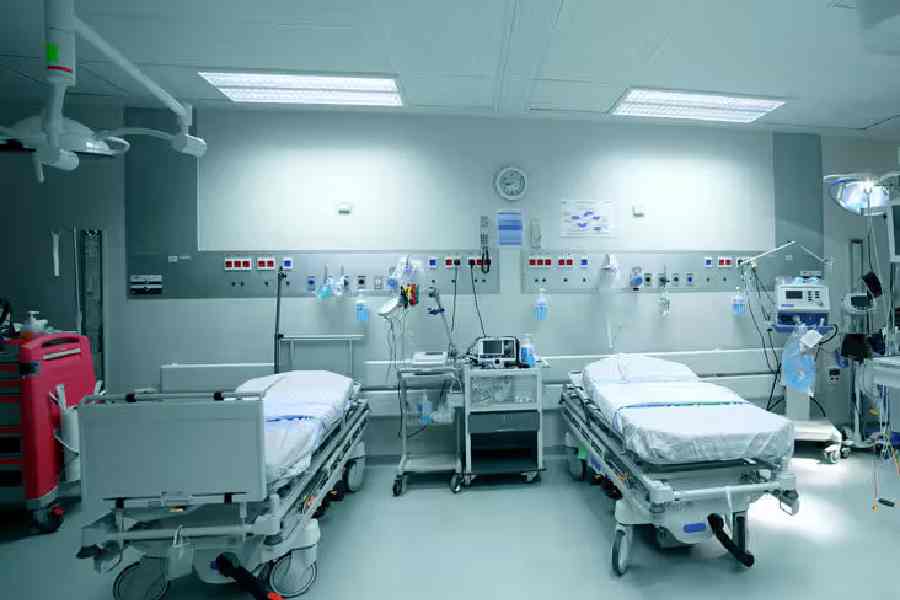The unrest in Bangladesh is hurting Calcutta’s healthcare industry.
The footfall of patients from the neighbouring country in the city’s private hospitals has dropped sharply since Monday.
Several hospitals and the association of private healthcare units expressed concern that the violence in Bangladesh could affect the issuance of visas to Bangladeshis and make crossing the border difficult.
The international help desks of several hospitals got calls on Tuesday from Bangladeshi patients requesting for rescheduling of appointments.
“India issues eight to 10 lakh visas to Bangladeshis every year. Of these, 60 to 70 per cent are medical visas. The number of patients from Bangladesh over the past month was much lower compared with the usual count. It could go down further,” said Rupak Barua, the president of the Association of Hospitals of Eastern India and the mentor of the health committee (eastern India) of the Confederation of Indian Industry (CII).
“During the Covid pandemic, the patient count from Bangladesh was zero. But there was a revival once the border reopened. This time, because of the political situation, things seem more uncertain.”
An official at a private hospital in Calcutta said most Bangladeshi patients pay for the treatment out of their own pockets as they are not covered by insurance. “So, the rates of treatment for Bangaldeshis are higher compared with Indians covered by health insurance or government schemes,” the official said.
Apart from better infrastructure at hospitals here, there are several reasons why patients from Bangladesh come to Calcutta, instead of other Indian cities, for treatment: geographical proximity, cheaper mode of transport as Calcutta is accessible by road and train, opportunity to communicate with doctors and other hospital staff in Bangla and availability of similar food.
Since the third week of July, when a fresh curfew was imposed on Bangladesh, the number of patients from across the border has been coming down. In the past two days, the fall has been drastic.
At Peerless Hospital, around 200 Bangladeshi patients visit the outpatient department every day and 10 are admitted. In contrast, the turnout at OPD was 129 on Monday and 84 on Tuesday.
“The patients who arrived by Monday are visiting the hospital. Others are delaying their travel to India. We are apprehending a further drop in numbers,” said Sudipta Mitra, chief executive of Peerless Hospital.
“We hope things will settle down in Bangladesh and patients will be able to come again.”
At the RN Tagore International Institute of Cardiac Sciences, around 300 Bangladeshi patients visit the OPD daily — 30 per cent of the total OPD footfall. Ten to 15 patients from the neighbouring country are admitted daily.
“The numbers have gone down to less than half and we are apprehending a further dip,” said R. Venkatesh, group COO, Narayana Health, which runs the RN Tagore hospital.
“Bangladesh is not self-sufficient in healthcare. Also, logistically it is more convenient for the patients to come to Calcutta (than other cities in India). The new government in Bangladesh has to restore the ease of access for their nationals to India through road and rail,” he said.
“Also, the Indian government should open its doors and ensure those seeking treatment get medical visas quickly.”
A Bangladeshi national seeking a medical visa must first write to the hospital for an appointment. Once the hospital gives the appointment, the patient gets a medical visa.
Venkatesh said the Narayana Health group has five medical assistance centres across Bangladesh to help patients get the visa. Those centres have been shut since Monday. “We hope the centres will reopen soon,” he said.
At the four Manipal hospitals in Calcutta, around 2,300 patients from Bangladesh turn up every month for OPD consultation and admission. “Last month, the number dipped to less than 1,500,” said a Manipal official.











